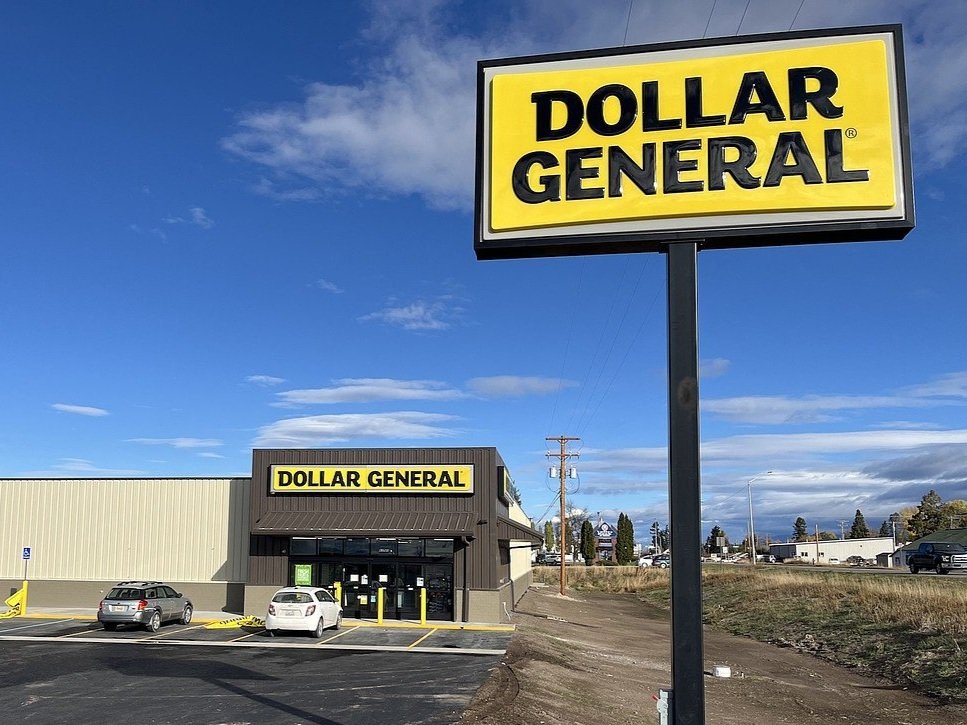Yet over the last five years, Dollar General has opened over 3,500 new locations, including more than 100 in New York, nearly 200 in Ohio, and 300 in Texas. This expansion has brought the total number of Dollar General stores to over 18,000, solidifying its position as the largest retailer in the U.S. by store count. Looking ahead, the company plans to further grow its network, aiming for more than 51,000 outlets in the coming years.
Some argue that the rapid expansion is simply the chain fulfilling fast-growing demand. When Dollar General first arrives and shoppers choose it over the homegrown alternative, this is no different than the market expressing its preferences. As the saying goes: “evolve or die.” That’s what one hardware store in New Orleans, Louisiana did to remain competitive with the growing number of big box retailers in the vicinity.
“We feed off of what they don’t do, they can’t do,” the owner of Mike’s Hardware & Supply explained. Part of that looks like emphasizing his longtime staff’s expertise. Another part of it is simply providing goods you can’t find anywhere else. “We don’t sell barbecue pits or lawn mowers, but we have a lot of hard-to-find specialty items, especially in plumbing, that they don’t have,” the owner added. “We’ve evolved to our niche.”
While Mike’s Hardware has successfully carved out a space amidst larger-than-life competitors, the real problem with the competition between Dollar General and mom-and-pop stores is that the playing field isn’t level. Few will be as lucky as Mike’s.
In fact, a key driver behind the rise of big-box retailers is the extensive government support they receive, including subsidies and billions of dollars to fund their expansion, says Stacey Mitchell, co-director of the ILSR. In an episode of the Strong Towns podcast, she explains how companies like Walmart or Target convince local officials that they’re bringing jobs and financial benefits to the area often in exchange for tax breaks and subsidies to cover the cost of land or construction. Unfortunately, many local governments are too quick to take the bait.
Walmart, for example, received subsidies for one out of every three stores it built, pocketing over a billion dollars from local governments. A Dollar General in Haven, Kansas demanded the taxpayers of the town of less than 2,000 inhabitants to foot the store’s $72,000 utility bill on the promise of jobs and tax revenue. That’s how much it cost to run Haven’s public library and pool for the year. The town caved and subsidized approximately half the bill.
ILSR also discovered that large corporations benefit from tax loopholes, enabling them to avoid paying income taxes in about half the states they operate in. Meanwhile, small businesses don’t have that luxury—they pay taxes on 100% of their earnings.
This uneven playing field places local businesses at a disadvantage, as they are required to bear a higher tax burden than their corporate competitors. A similar dynamic plays out on the federal level, where corporations may operate in part through shell companies based in tax havens.
How locals can fight back
In Prairieton, Indiana, residents successfully blocked the construction of yet another Dollar General—it would’ve been the third within an eight-mile radius. They persuaded the county commissioner not to rezone the farmland where the store was planned, rallying under the slogan “Keep the Prairie in Prairieton.” At first glance, their opposition might seem like a textbook case of NIMBYism, a term often used to dismiss those who resist change in their communities. But the reality was more nuanced.
The residents weren’t opposed to rezoning the farmland outright. In fact, at one point, the idea of building homes on the site was discussed. “We’d much prefer to have homes and families,” Cindy Morgan, a leader of Keep the Prairie in Prairieton group told the news. “We need houses… It’s just the whole idea, you know, we’re not against change, we’re not against business, if you want to open a nice little coffee shop and bookstore, but Dollar General just isn’t quite a good fit.”
Their objection wasn’t to development itself—it was to what they saw as an unproductive use of the land. As one sign at a town hall put it: “Don’t Pave Prairie-dise to Put Up a Parking Lot.”



